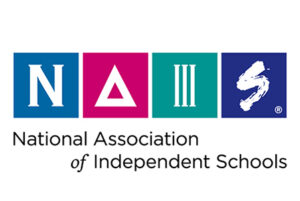Sycamore Education
A Different Kind of Company
At Sycamore Education, we put our hearts into everything we do. That’s how we’ve always done things because we put our school customers at the center of everything we do.
Many of us at Sycamore have served as school administrators, teachers, IT professionals, and secretaries. We know firsthand the challenges you face and what it takes to get the job done. We built Sycamore to make your life as an educator easier.
With Sycamore, you’re more than just a school or customer number — you become part of our Sycamore family. With the power of our team behind you, you get more — more time, more efficiency, and more savings — so you can spend more time on what matters most: Teaching your students.
School Administration Software Made With You In Mind
Our feature-rich, affordable school management system with top-rated customer support gives small to mid-sized private trade schools, college and professional programs the power to streamline day-to-day operations, enhance reporting, and transform communication between educators and students.






